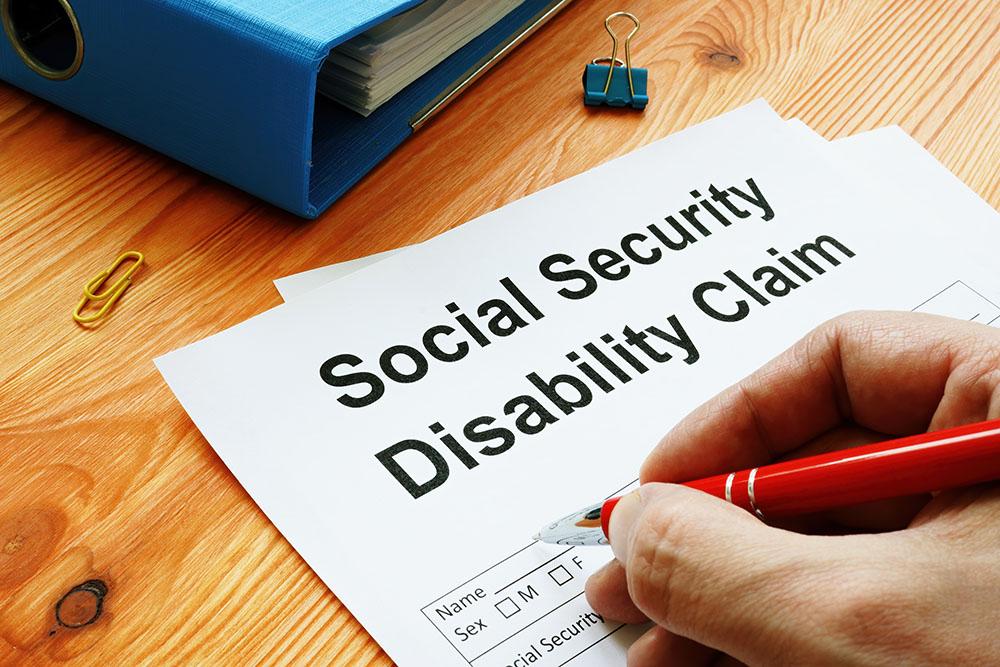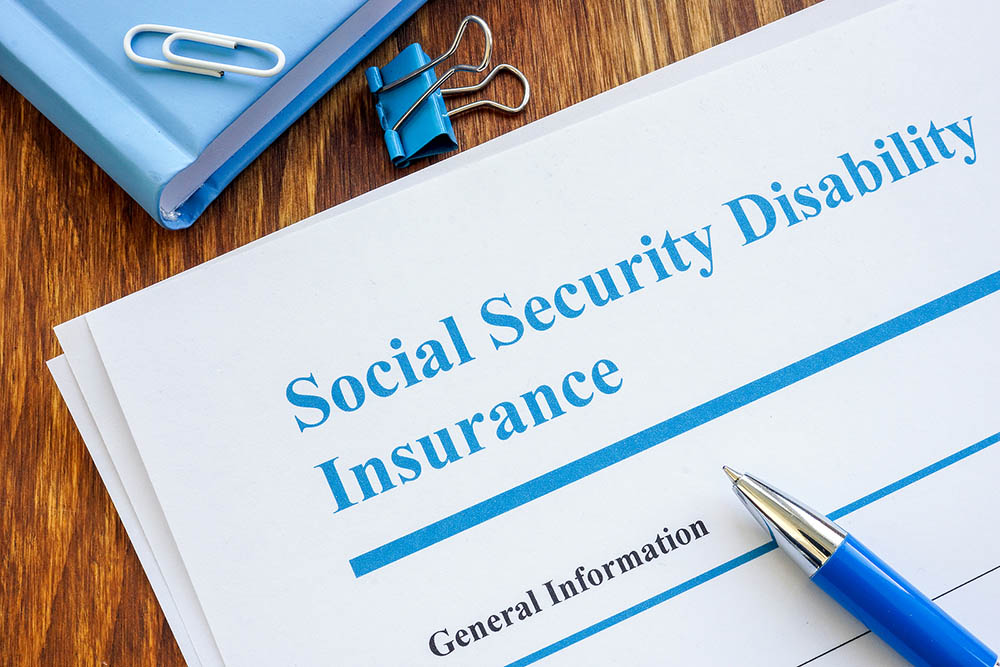Sexual abuse in institutions is a serious issue that affects many people. It often happens in places where victims should feel safe, like schools, churches, and care facilities. Because of the trust placed in these institutions, abuse can be especially damaging. Understanding what constitutes institutionalized sexual abuse is the first step in seeking justice and healing.
Victims of institutionalized sexual abuse often feel powerless and unsure of their rights. They may not know where to turn for help or what steps to take to protect themselves. Gaining knowledge about your legal rights as a victim is crucial. It provides a foundation to take action against the abuser and the institution that allowed the abuse to occur.
When you suspect that abuse is happening, taking immediate steps is essential. Timely action can prevent further harm and help gather critical evidence. Knowing the necessary steps to take can make a significant difference in building a strong case.
Legal professionals play a vital role in supporting victims of institutionalized sexual abuse. They provide guidance, representation, and support throughout the legal process. Working with a knowledgeable lawyer can help victims navigate the complicated journey toward justice and recovery.
Understanding Institutionalized Sexual Abuse
Institutionalized sexual abuse occurs in settings where victims are under the care or supervision of an organization. These places can include schools, churches, sports teams, and care homes. The abuse can be carried out by staff members, volunteers, or even other residents or students.
Key Characteristics:
1. Power Imbalance: There is often a power imbalance between the abuser and the victim. This can make it difficult for victims to speak out or seek help.
2. Betrayal of Trust: Abuse happens in places where individuals should feel safe. The betrayal of trust can lead to long-lasting emotional and psychological damage.
3. Systemic Issues: Institutions sometimes cover up abuse to protect their reputation. This can include ignoring complaints, silencing victims, or failing to take action against abusers.
Types of Abuse:
Institutionalized sexual abuse can take many forms:
– Physical Assault: Any unwanted or forced sexual contact.
– Exploitation: Taking advantage of a person’s vulnerability for sexual gain.
– Coercion: Pressuring someone into sexual acts through threats or manipulation.
Understanding the nature of institutionalized sexual abuse is the first step in addressing this serious issue. Recognizing the signs and knowing the forms it can take helps in identifying and taking action against the abuse.
Legal Rights of Victims
Victims of institutionalized sexual abuse have specific legal rights that protect them and help them seek justice. Knowing these rights empowers victims to take action and pursue legal remedies.
Right to Privacy:
Victims have the right to confidentiality. Their identity and personal information are protected throughout legal proceedings. This ensures victims can come forward without fear of exposure or retaliation.
Right to Legal Representation:
Victims can have a lawyer represent them. A legal professional can provide advice, represent them in court, and help them understand their rights and options. This support is crucial for navigating the legal system.
Right to Compensation:
Victims can seek compensation for the harm they have suffered. This can include medical expenses, therapy costs, and damages for pain and suffering. Legal action can hold the institution accountable and provide financial support for recovery.
Right to Safety:
Institutions are required to ensure a safe environment. If they fail to protect individuals from abuse, they can be held legally responsible. Victims have the right to safety and should expect institutions to take appropriate measures to prevent abuse.
Understanding these rights is essential for victims of institutionalized sexual abuse. It provides a foundation for taking legal action and seeking the justice and compensation they deserve. Empowering victims with knowledge of their rights is a critical step in addressing and preventing abuse.
Steps to Take if You Suspect Abuse
If you suspect that someone is experiencing institutionalized sexual abuse, taking immediate action is vital. Acting quickly can help protect the victim and gather crucial evidence. Here are some important steps to follow:
1. Ensure Safety: The first step is to ensure the victim’s safety. This may involve removing them from the harmful environment and placing them in a secure location.
2. Report the Abuse: Report your suspicions to the appropriate authorities. This can include law enforcement, child protective services, or a trusted staff member within the institution. Providing as much detail as possible will help in the investigation.
3. Document Evidence: Collect and document any evidence related to the abuse. This can include photos, medical records, and written accounts from the victim or witnesses. Keep this information safe and accessible.
4. Seek Medical Attention: Ensure the victim receives medical care if needed. Medical professionals can also document any physical injuries, which can be important for legal proceedings.
5. Contact a Lawyer: Speak with a legal professional who has experience in handling institutionalized sexual abuse cases. They can guide you on the best course of action and represent the victim’s interests.
Following these steps can help protect the victim and support the legal process. Timely action is crucial for building a strong case and preventing further harm.
How Legal Professionals Can Help
Legal professionals play a critical role in cases of institutionalized sexual abuse. They provide essential support and guidance to victims and their families. Here’s how they can help:
Legal Advice and Representation:
A lawyer can offer expert advice on the victim’s rights and legal options. They will represent the victim in court, ensuring their voice is heard and their rights are protected.
Gathering and Presenting Evidence:
Legal professionals have the skills to collect, organize, and present evidence effectively. This can include medical records, witness statements, and expert testimony. Strong evidence is crucial for building a compelling case.
Negotiating Settlements:
In some cases, lawyers can negotiate settlements with the institution responsible for the abuse. This can provide the victim with compensation without the need for a lengthy court trial.
Providing Emotional Support:
Legal professionals understand the emotional toll of abuse cases. They offer compassionate support, helping victims navigate the legal process with sensitivity and care.
Holding Institutions Accountable:
By pursuing legal action, lawyers help hold institutions accountable for their failure to protect victims. This can lead to changes in policies and procedures that prevent future abuse.
Legal professionals provide the expertise and support victims need to pursue justice. Their involvement can make a significant difference in the outcome of the case.
Conclusion
Dealing with institutionalized sexual abuse is a challenging and painful process. Understanding the nature of this abuse and knowing your legal rights are vital first steps. If you suspect abuse, taking immediate action can help protect the victim and build a strong case. Legal professionals play an essential role in supporting victims and holding institutions accountable.
If you or someone you know is affected by institutionalized sexual abuse, it’s important to seek help. Greg Jones Law, P.A. is here to provide the expert legal support you need. Contact our SJS attorneys today for a consultation, and let us help you fight for justice and secure the compensation you deserve.




